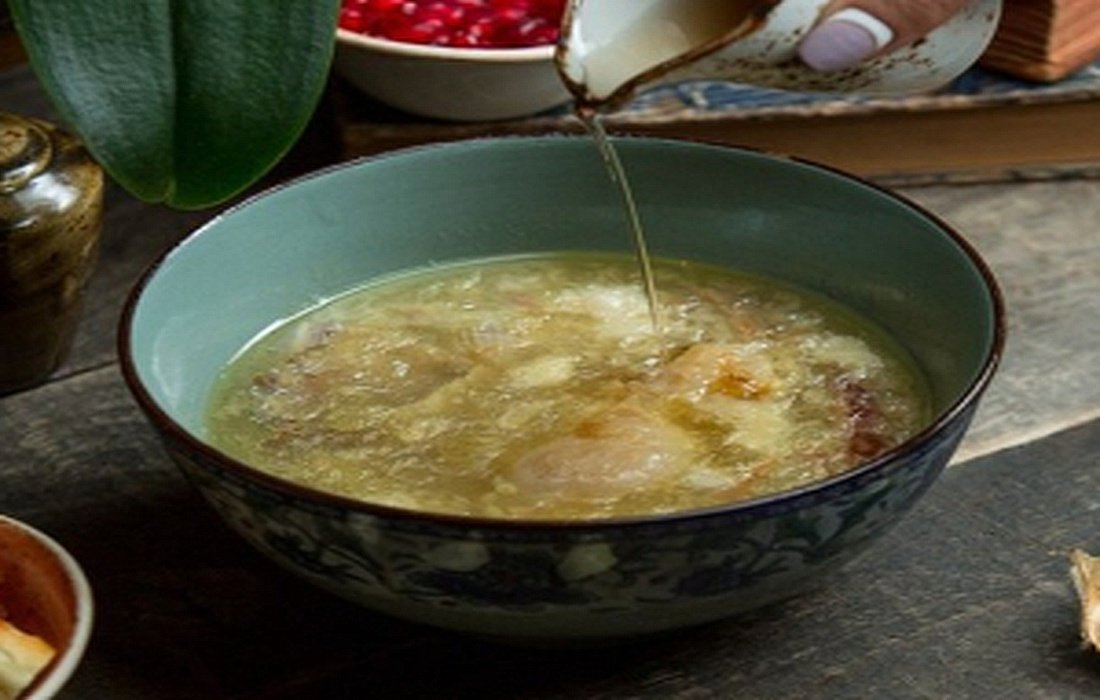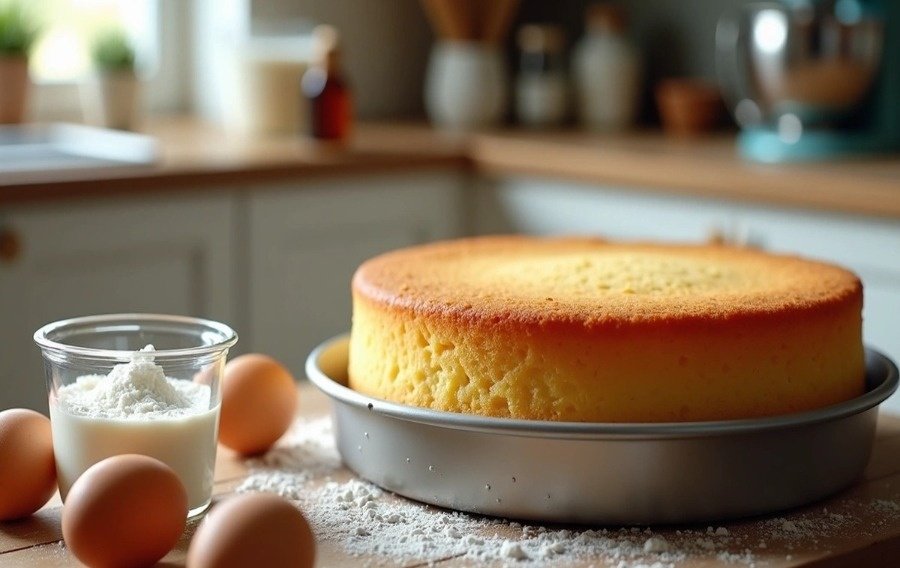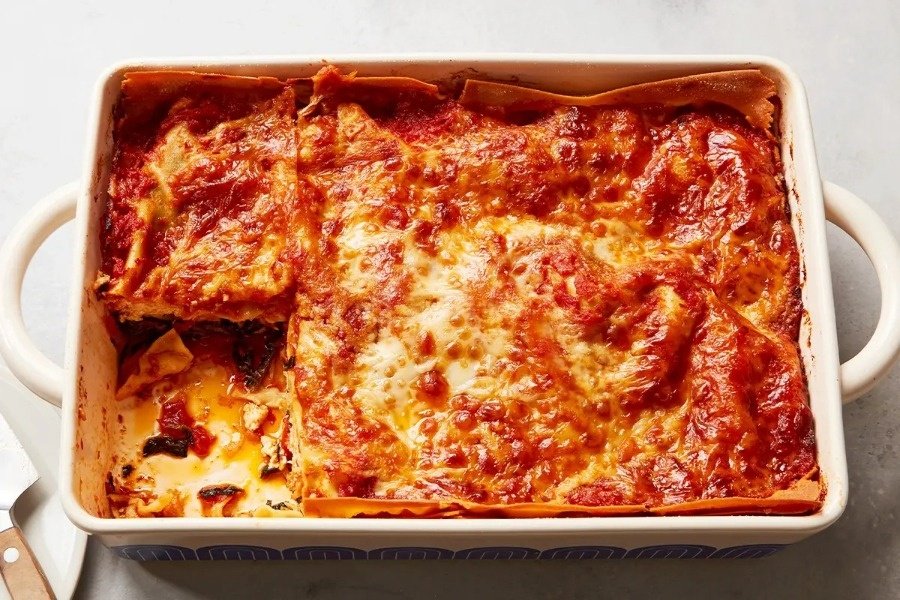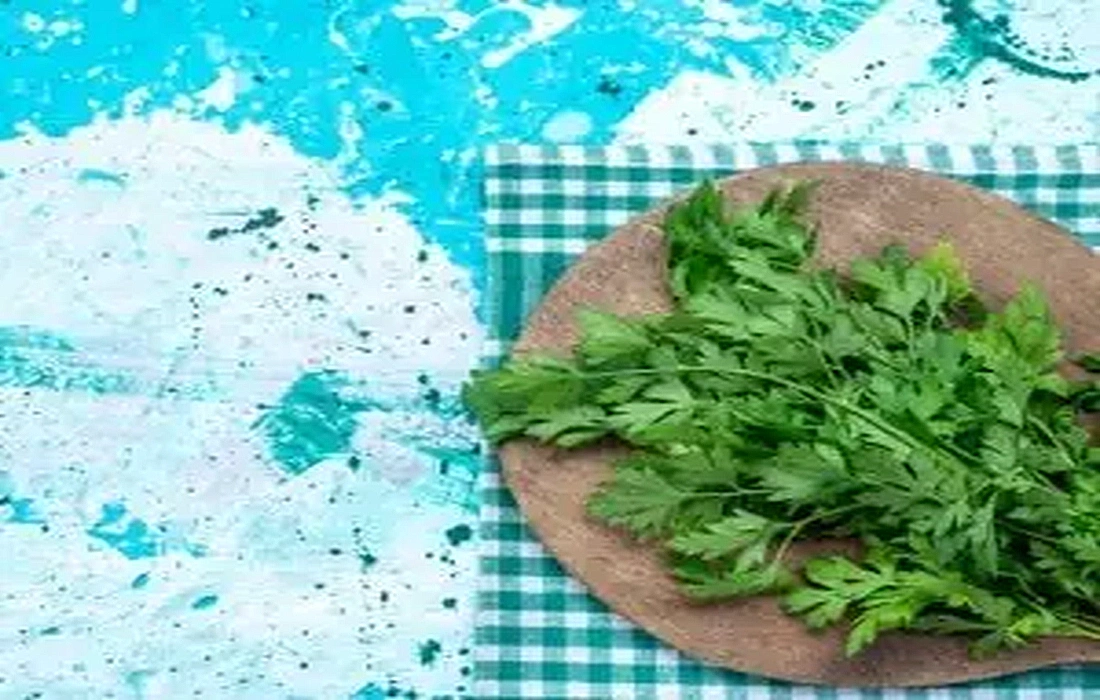Restrictions on Eating Kalleh Pacheh
Kalleh Pacheh is a traditional and popular dish in some cultures that seems appealing and tasty at first glance; however, do you know that it may not be suitable for everyone? In this section, we will discuss the health implications of Kalleh Pacheh.SelMagzWe will look at those who should avoid eating Kalleh Pacheh and also inform you about which parts are more beneficial and which are less helpful. This information can help you make a more informed choice and avoid potential side effects.Kalleh PachehThis information will help you choose this dish more consciously and avoid its possible side effects.
Side Effects of Eating Kalleh Pacheh
Consuming Kalleh Pacheh can lead to increasedblood pressureand higher fat and cholesterol levels in the body. This dish, due to its saturated fats, increases the risk ofgoutand kidney problems; it may also cause indigestion,bloatinganddiarrheaas well. Excessive consumption of Kalleh Pacheh can lead to obesity and weight gain, and individuals withhigh blood pressureshould avoid it. Other possible side effects includefood poisoningwhich occurs rarely.
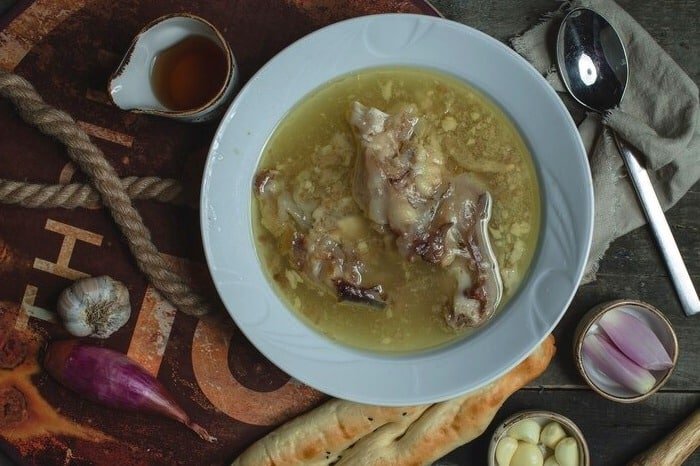
Who Should Avoid Kalleh Pacheh?
Eating this dish may pose serious risks for some people, which we will examine in detail.
Individuals with cardiovascular issues
Since this dish has high fat and cholesterol, it can increase blood pressure and worsen heart problems.
People with gout
This dish, due to its high purine content, will aggravate the symptoms and attacks of gout.
Individuals with high cholesterol
Kalleh Pacheh, due to its saturated fats, raises blood cholesterol levels and worsenscholesterol issues.
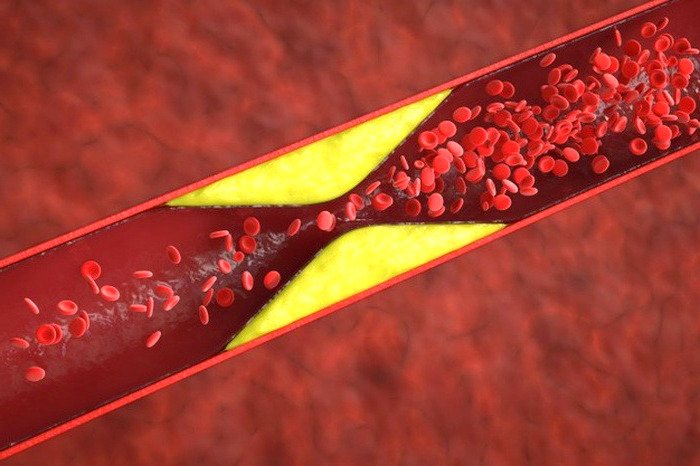
People with kidney problems
Excessive consumption of this dish puts more pressure on the kidneys and may impair their function.
Individuals with high blood pressure
This dish, due to its high fat and salt content, increases blood pressure and creates more serious problems.
People with digestive issues
Kalleh Pacheh causes indigestion, bloating, and diarrhea and will worsen their digestive symptoms.
Pregnant and breastfeeding women
Kalleh Pacheh contains substances such as nitrates and sodium that can lead to increased blood pressure and diabetic issues when consumed excessively.
Children under two years old
Eating Kalleh Pacheh can cause digestive problems,allergyand intake of unhealthy and excessively heavy substances, making it harmful and heavy for children under two years old.
The Best Part of Kalleh Pacheh
Some parts of Kalleh Pacheh, due to their unique taste and nutrients, are more suitable for consumption and can add variety to your diet.
Pacheh
Pacheh is rich in collagen, iron, calcium, and B vitamins, low in fat, and has a pleasant taste, making it effective for treating anemia.
Language
This is a rich source of vitamin B12, niacin, phosphorus, and zinc. It is a low-fat muscle with a soft texture that has extensive health benefits.
Facial meat
Contains protein, iron, and B vitamins, and is considered a favorite due to its delicious taste and easy digestion.
Intestines and stomach
Include the stomach and small intestine of sheep or cows, which have little fat and are a source of fiber, vitamin B12, and calcium. These parts have anti-inflammatory properties and are good for the digestive system.
The Worst Part of Kalleh Pacheh for Consumption
Some parts of Kalleh Pacheh, due to their high content of saturated fat and cholesterol, are harmful to health, increasing the risk of cardiovascular diseases.
Brain
Due to its very high saturated fats and cholesterol, it raises the risk of cardiovascular diseases and is harmful to individuals with gout and kidney issues.
Eye
It is high in fat and cholesterol, and its consumption is not recommended due to health risks.
Ear
Contains saturated fat andcollagenExcessive consumption will lead toweight gainand digestive problems.



